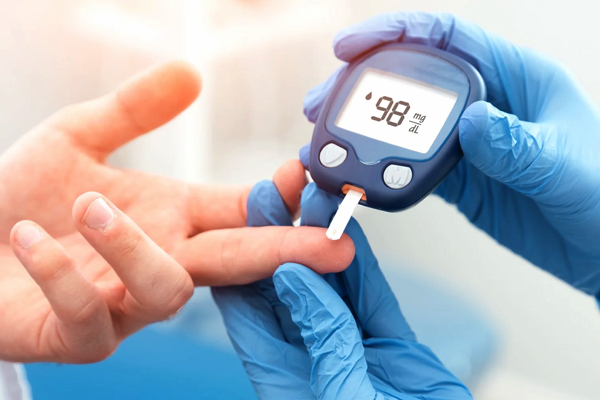Brittle Diabetes

Brittle Diabetes
What is Brittle Diabetes?
Brittle Diabetes, also known as labile diabetes, is a rare and severe form of diabetes mellitus characterized by extreme and unpredictable fluctuations in blood glucose levels. Unlike typical diabetes, where blood sugar levels can often be managed with proper medication and lifestyle adjustments, brittle diabetes is difficult to control. This results in frequent episodes of hyperglycemia (high blood sugar) and hypoglycemia (low blood sugar), which can significantly impact a person's quality of life.
Symptoms of Brittle Diabetes
Patients with brittle diabetes may experience:
- Frequent and severe swings in blood sugar levels
- Episodes of diabetic ketoacidosis (DKA), where the body produces high levels of blood acids
- Frequent hospitalizations due to poor control of blood sugar
- Fatigue, weakness, and mood changes as a result of blood sugar instability
- Increased risk of long-term complications such as cardiovascular disease, kidney problems, and nerve damage
Causes and Risk Factors
While the exact cause of brittle diabetes is not fully understood, some contributing factors include:
- Underlying emotional or psychological stress
- Malabsorption of insulin or food
- Hormonal imbalances
- Coexisting medical conditions, such as gastroparesis
- Inconsistent insulin absorption due to factors like scar tissue from insulin injections
Brittle diabetes is more common in people with Type 1 diabetes, particularly in those who have difficulty following strict treatment regimens.
Diagnosis and Treatment
The diagnosis of brittle diabetes involves monitoring blood glucose levels closely over time to observe extreme fluctuations. It also requires a thorough review of the patient’s medical history, lifestyle, and potential triggers for instability.
Treating brittle diabetes can be challenging and typically requires:
- Advanced insulin therapies: Continuous subcutaneous insulin infusions (using insulin pumps) or frequent insulin injections may be necessary.
- Blood glucose monitoring: Regular and often continuous blood glucose monitoring is essential for real-time adjustments in treatment.
- Lifestyle management: Diet and exercise tailored to stabilize blood sugar levels.
- Psychological support: Managing emotional stress and other psychological factors can help reduce the severity of fluctuations.
- Specialized care team: Working with an endocrinologist, diabetes specialist, and other healthcare professionals is often required for effective management.
Managing Brittle Diabetes
Although brittle diabetes is difficult to control, advances in technology and medical care offer hope. With the right combination of insulin management, continuous glucose monitoring, and support, many patients are able to stabilize their condition over time and lead fulfilling lives.
Why Seek Specialized Care?
Due to the complex nature of brittle diabetes, it’s important to seek care from experienced healthcare professionals who understand the nuances of the condition. Specialized care can offer:
- Personalized treatment plans
- Access to advanced technologies like continuous glucose monitoring and insulin pumps
- Comprehensive support for both physical and emotional aspects of living with brittle diabetes